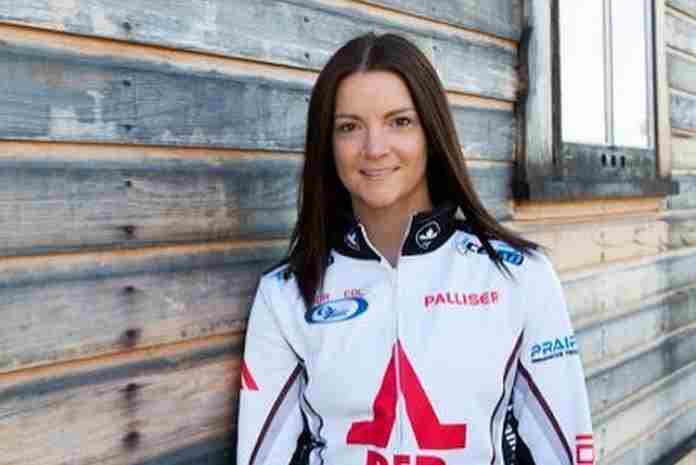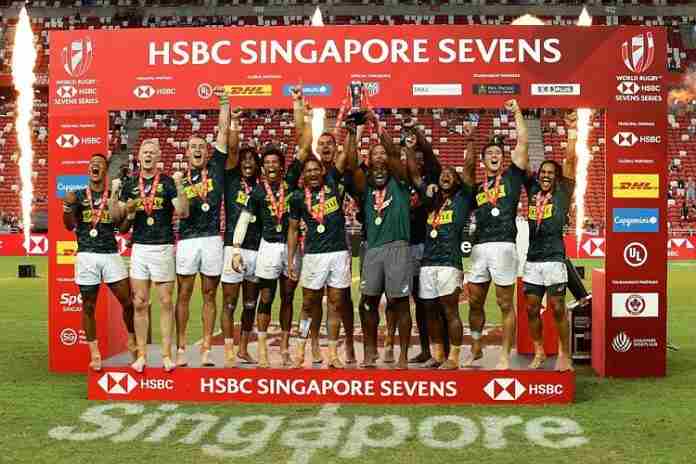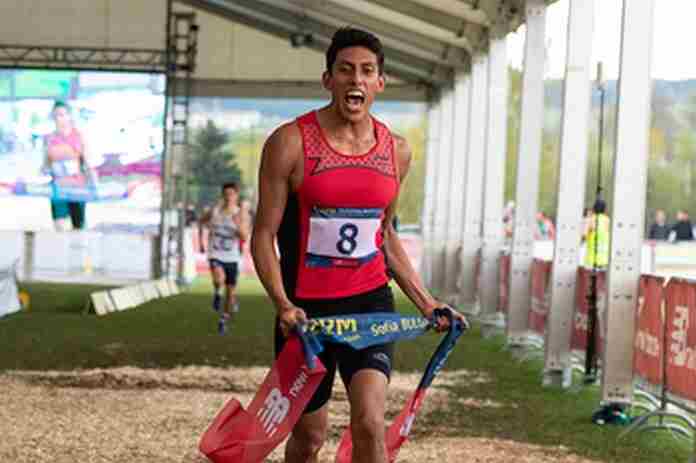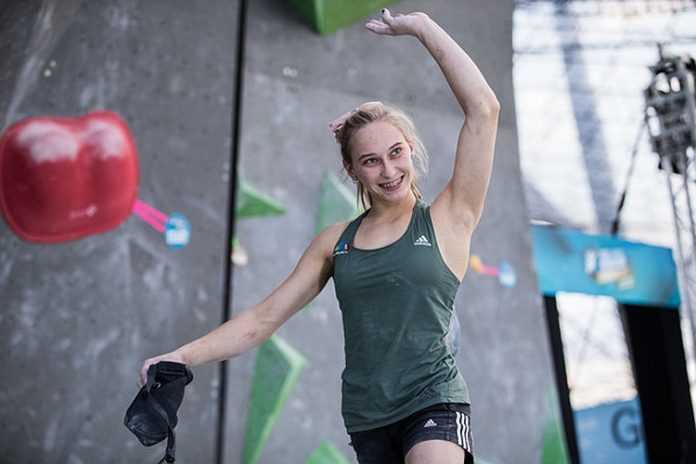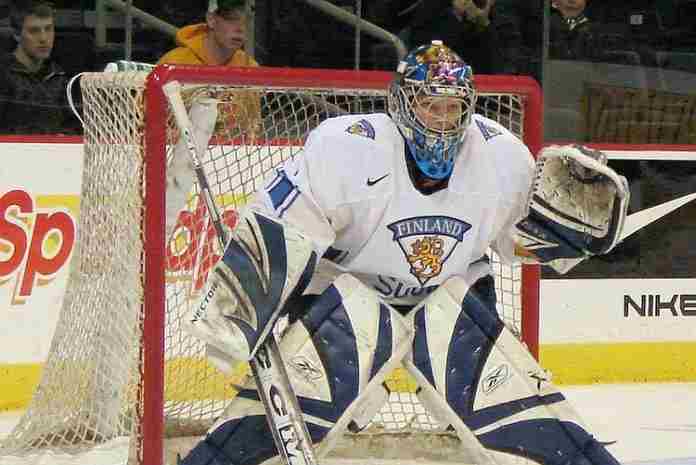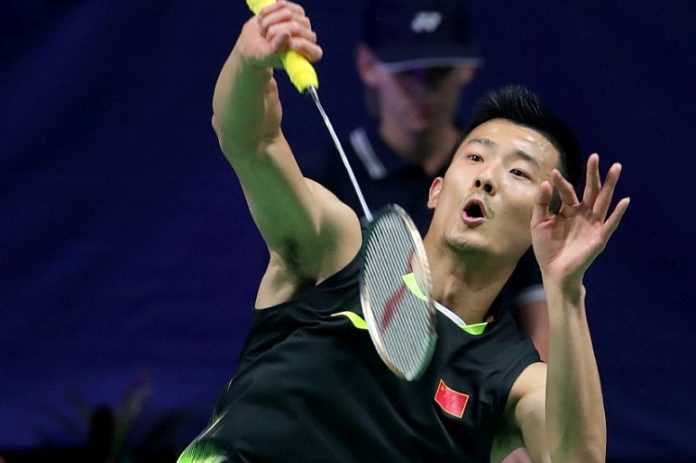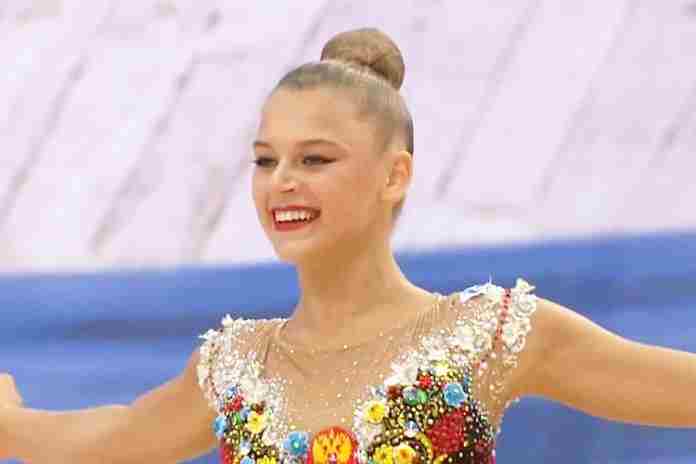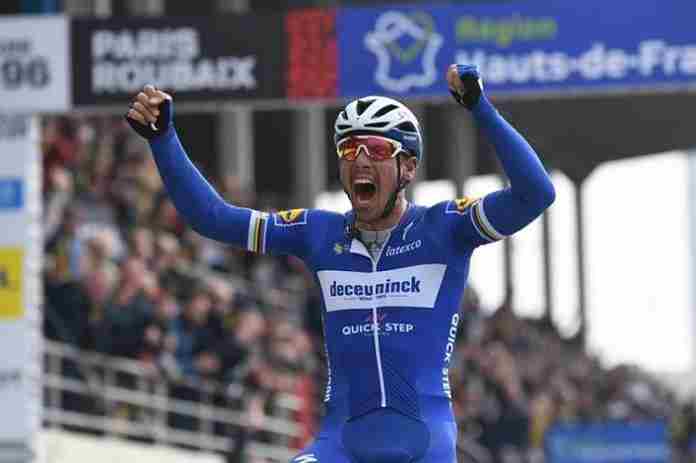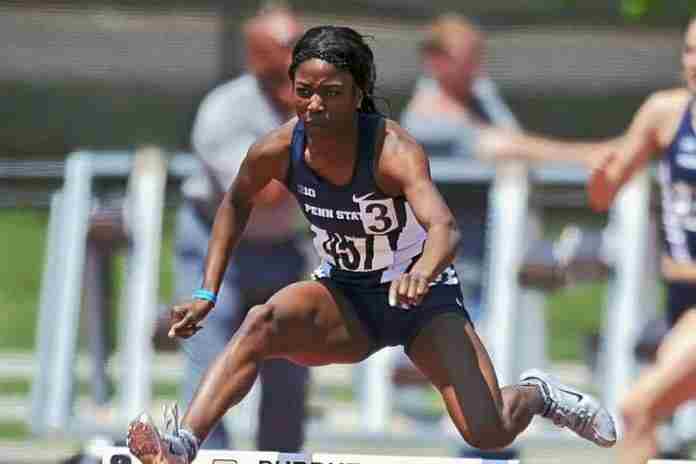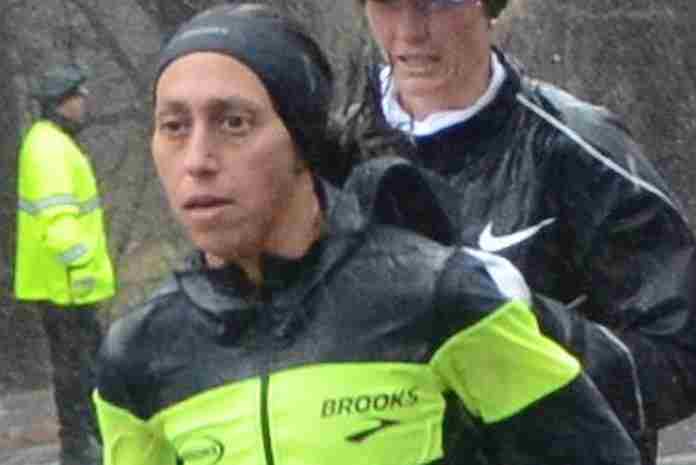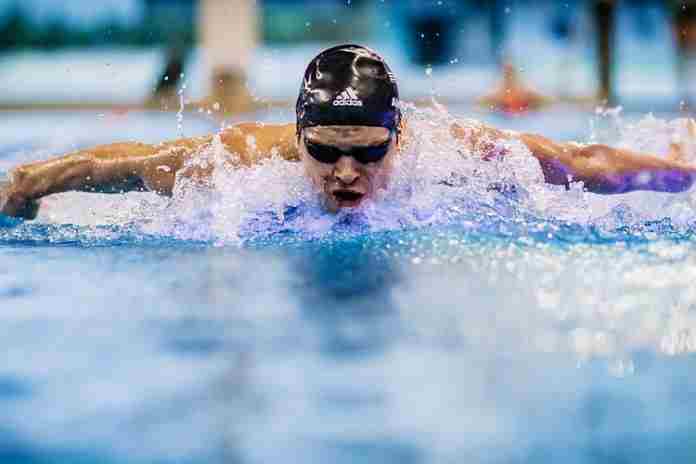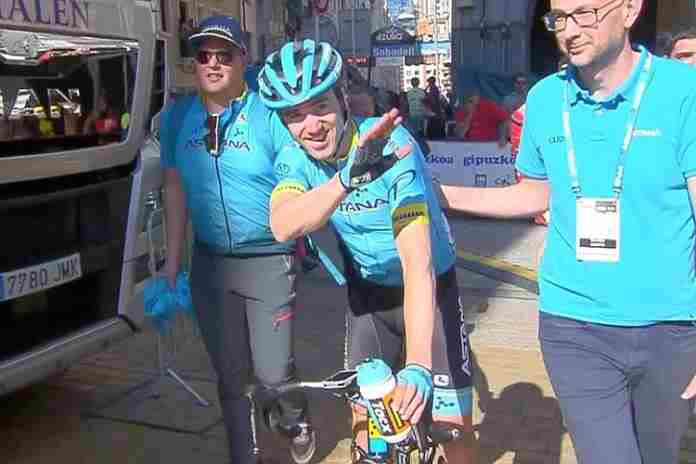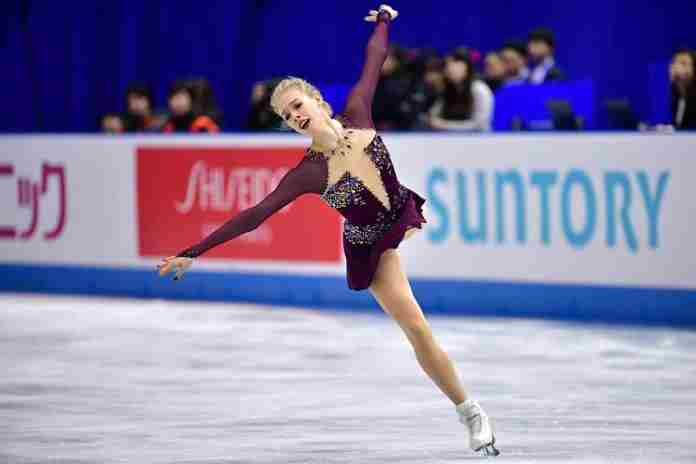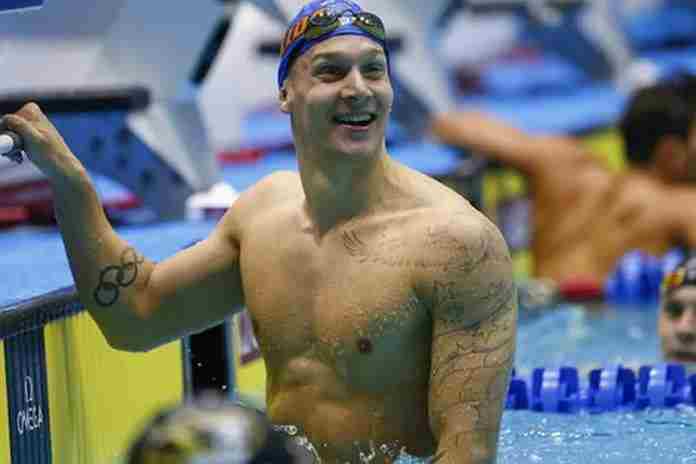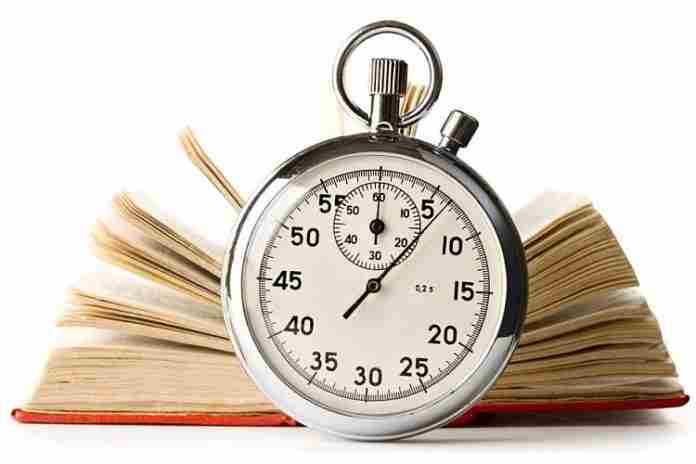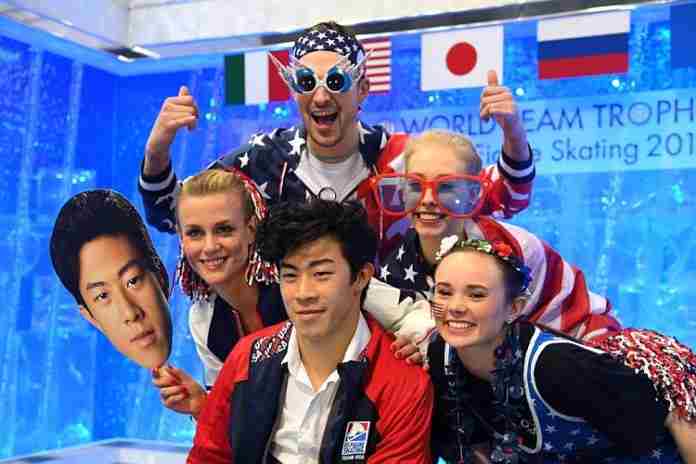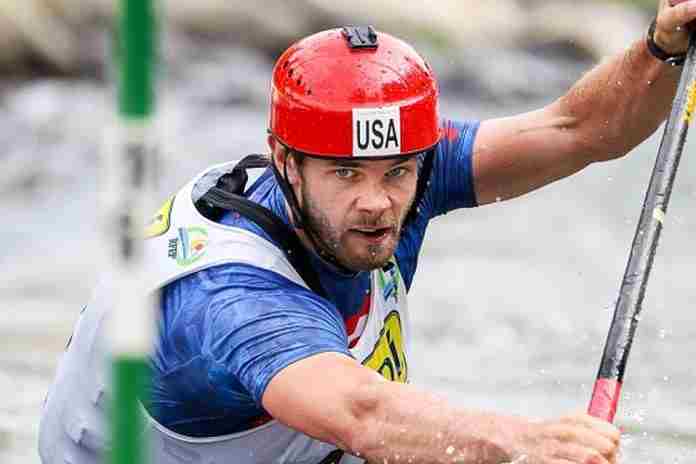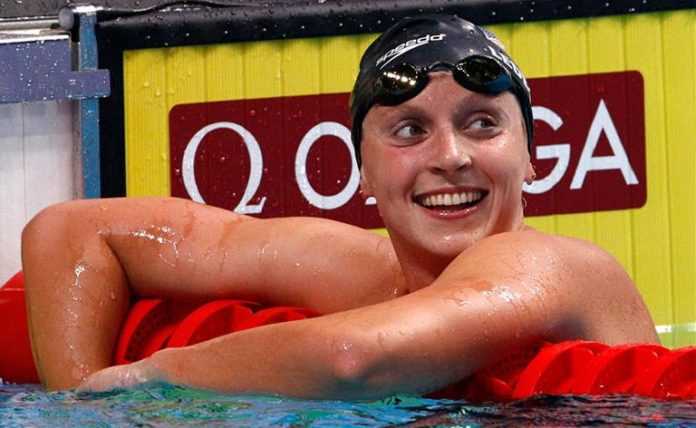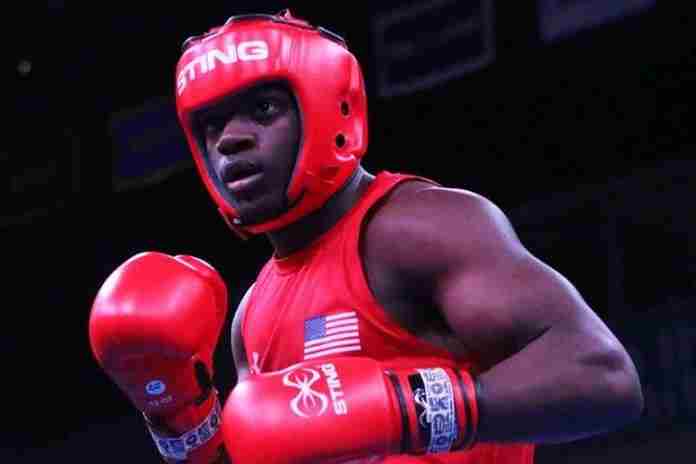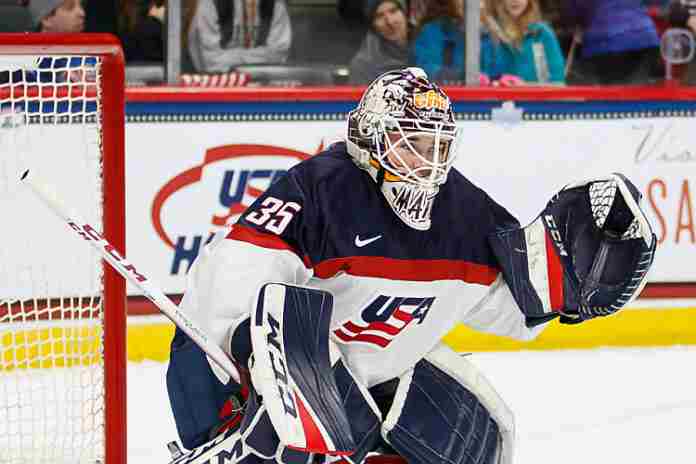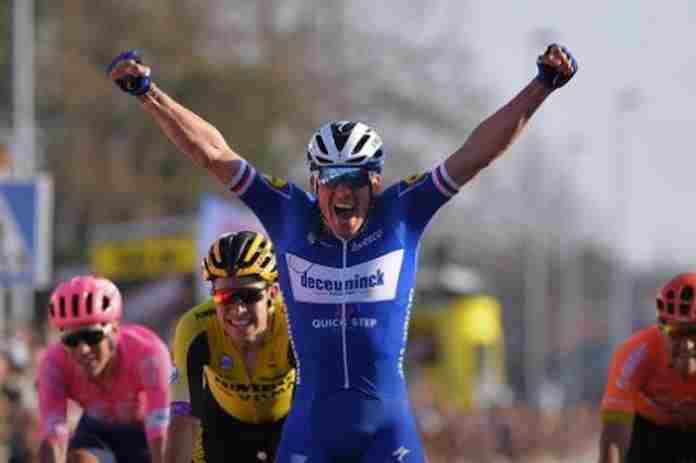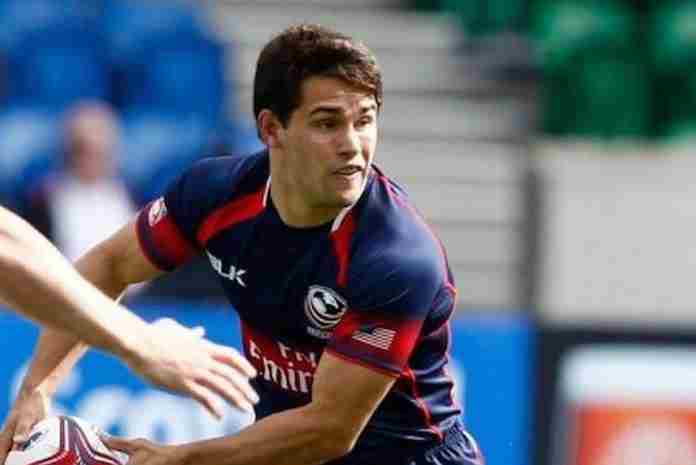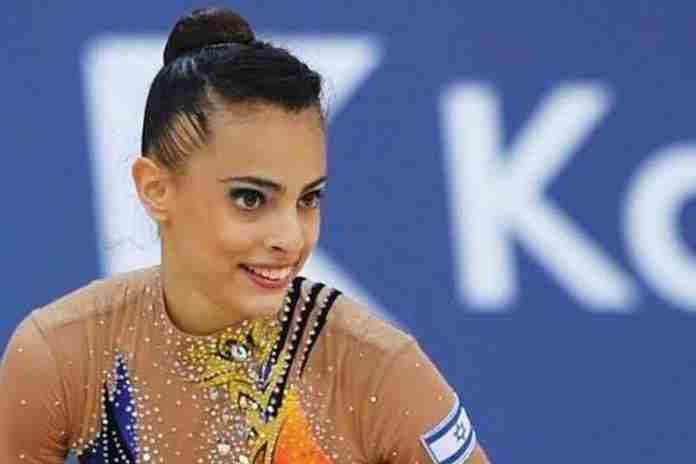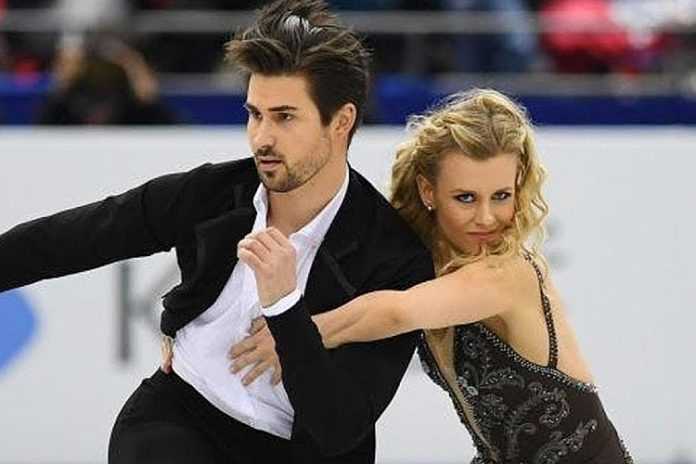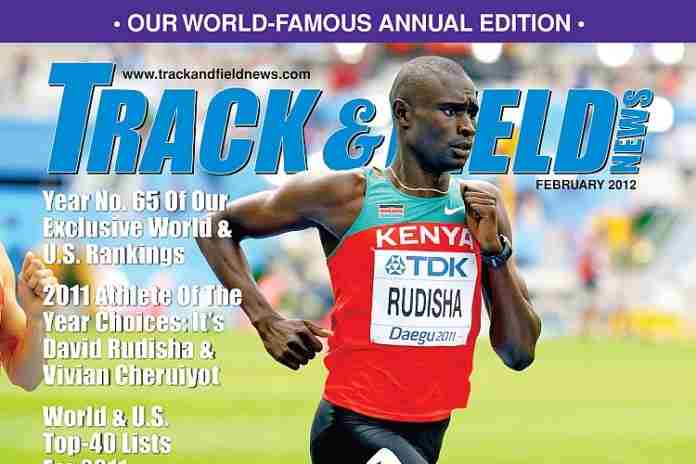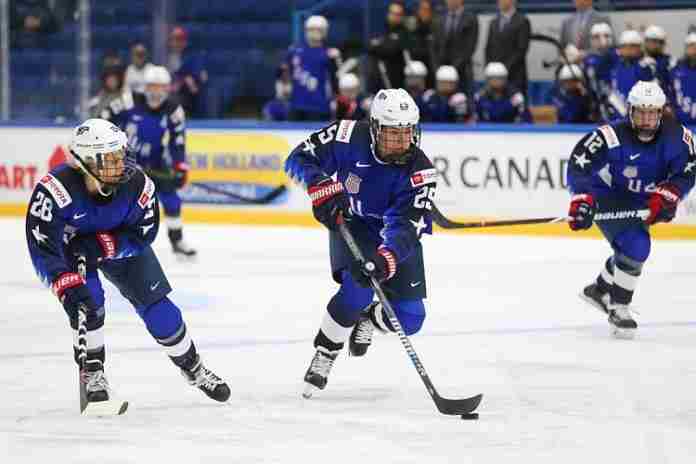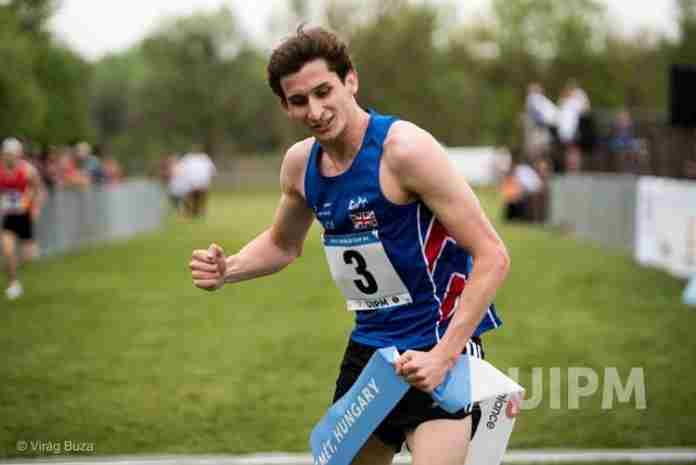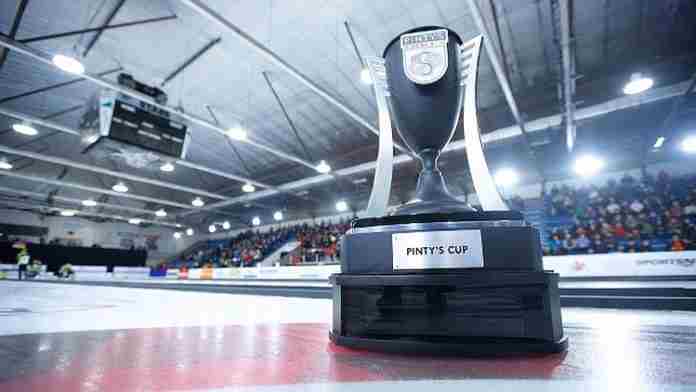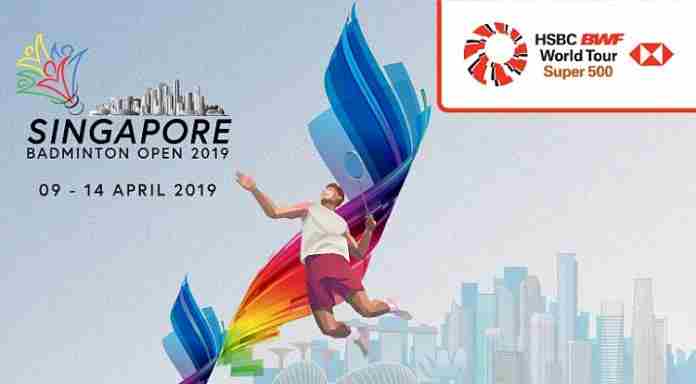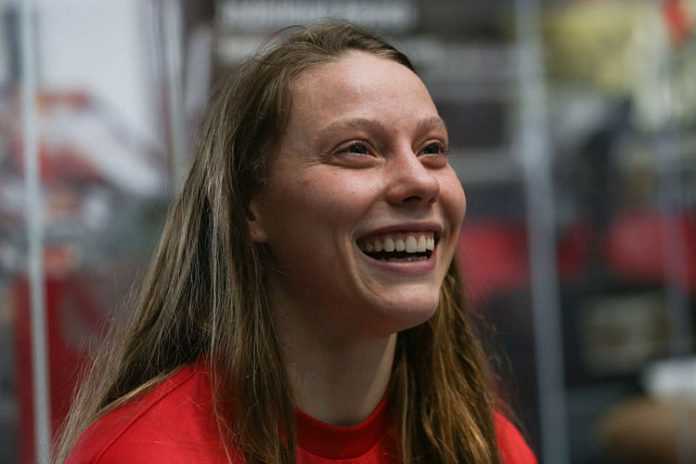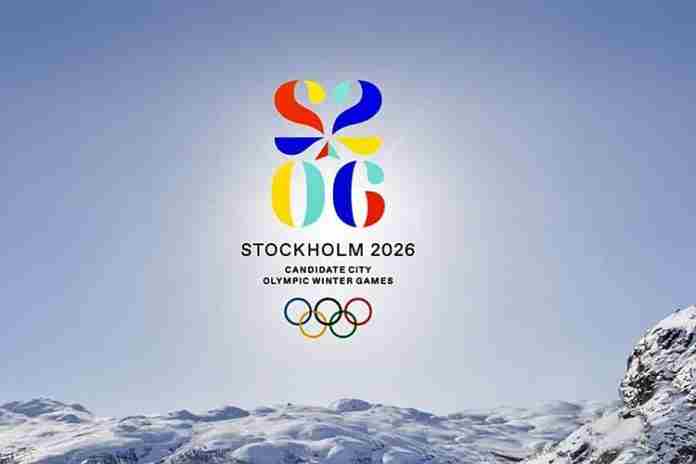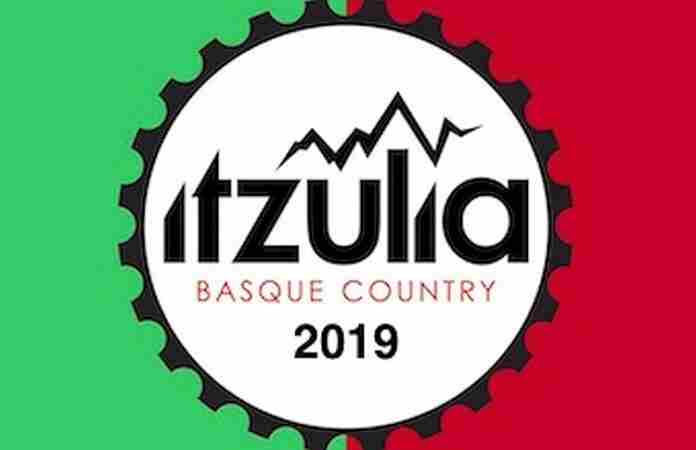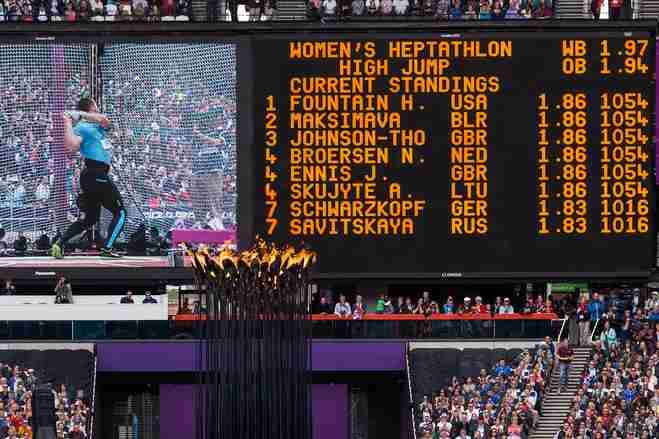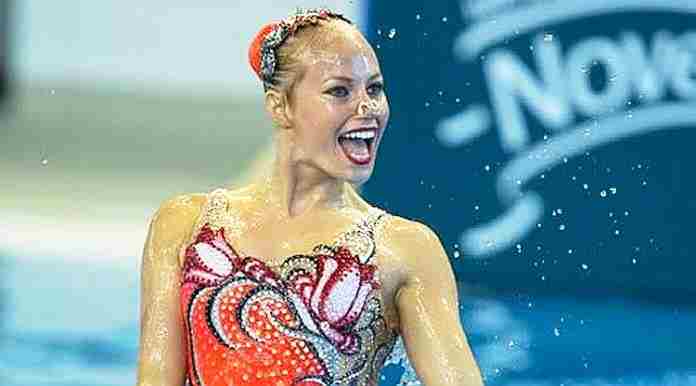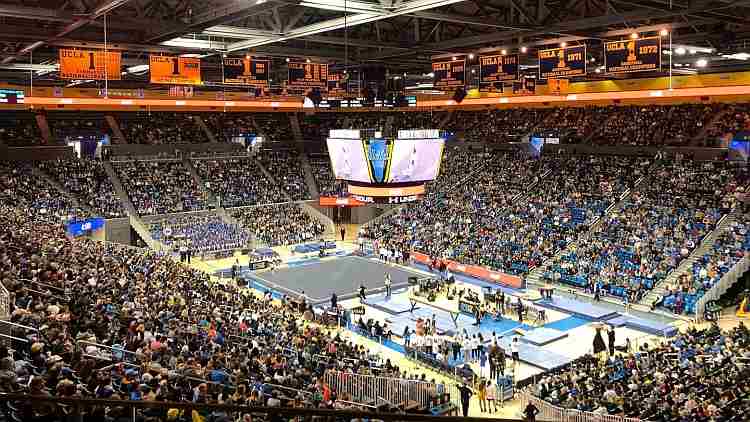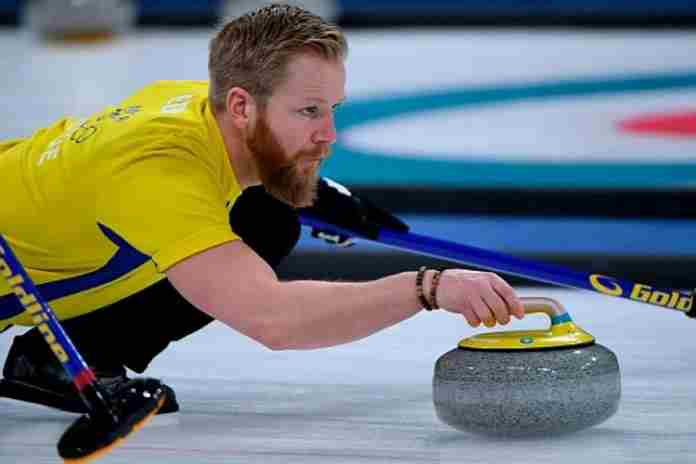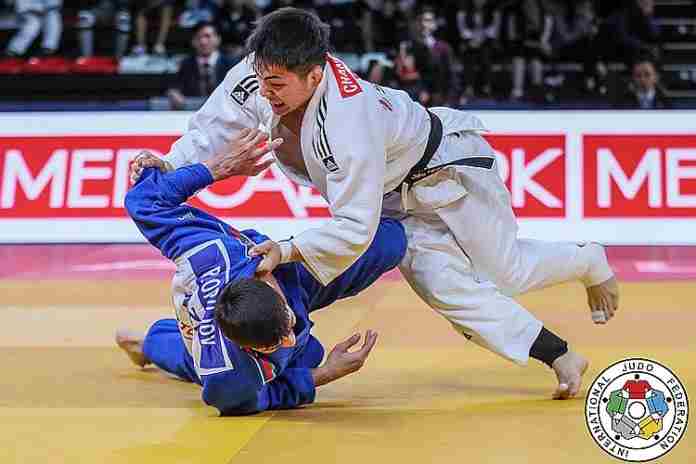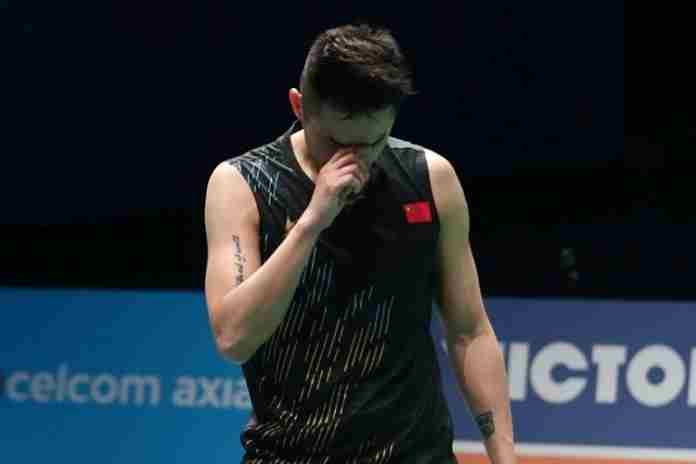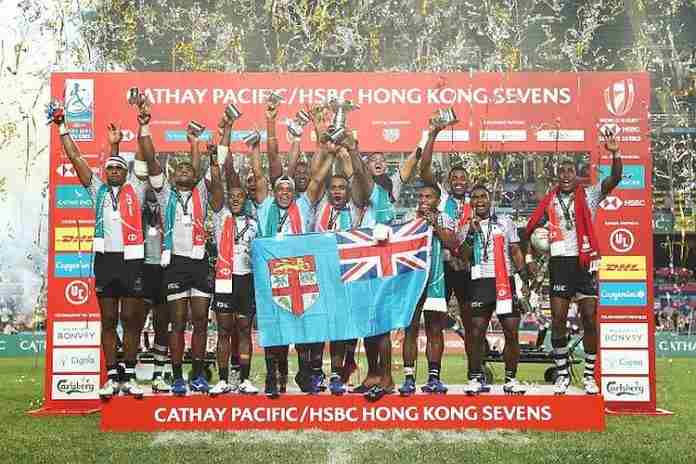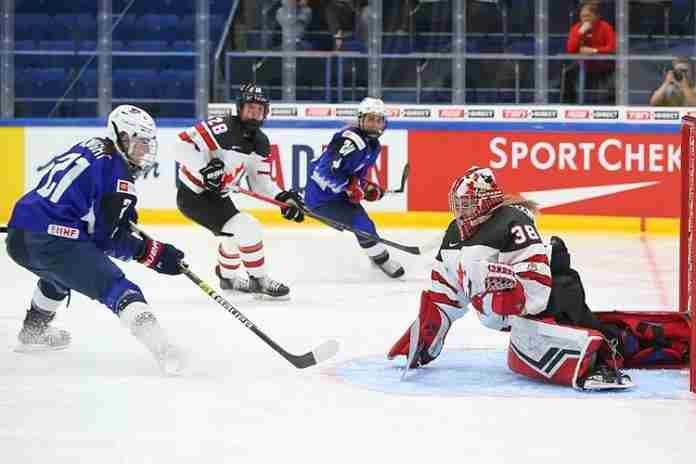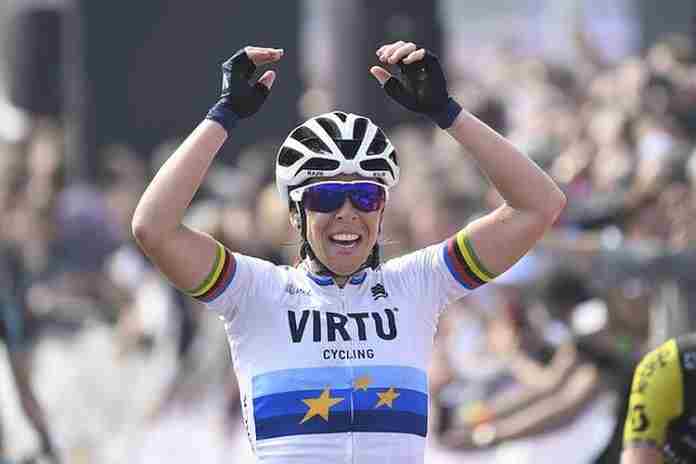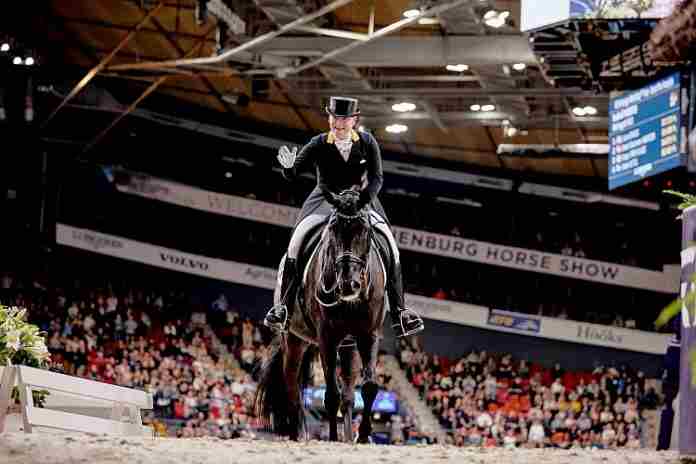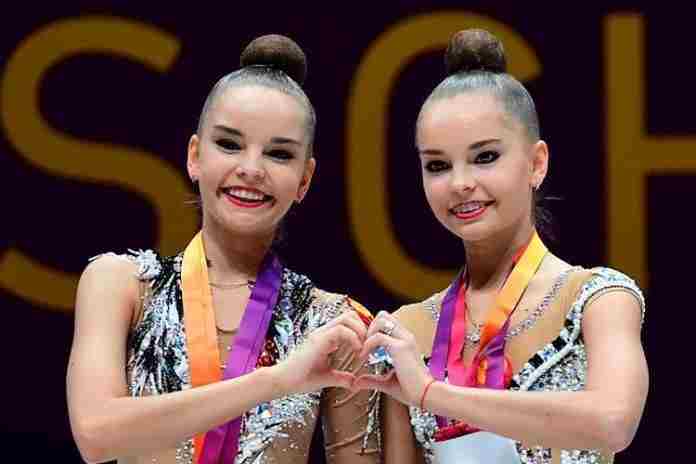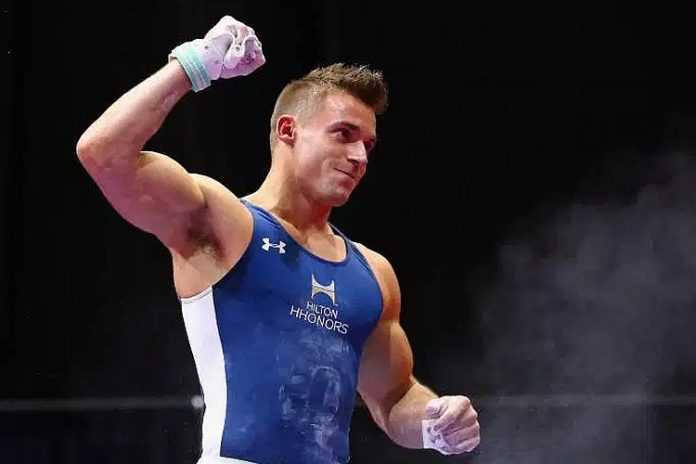“That hurt so bad; I have a massive headache. I didn’t expect that at all.”
Neither did anyone else, as 19-year-old Michael Andrew dominated not the 50 m sprint races he’s famous for, but the 200 m Medley, defeating superstars Chase Kalisz and Caeleb Dressel on the final day of the third Tyr Pro Swim Series in Richmond, Virginia.
Andrew served notice in the morning heats that he was going to be a contender, leading everyone at 1:59.35, with reigning 200-400 m World Champion Kalisz at 2:01.35, and Dressel at 2:01.90.
In the final, however, surely Kalisz would be first, off his 1:57.68 in January in Knoxville, fourth-best in the world in 2019. But Andrew was off like a rocket, claiming a huge 0.92-second lead over Dressel in the Butterfly opener, and didn’t let up. He was more than a second ahead of Kalisz heading into the Freestyle leg and although he cramped up in the final meters, held on for a 1:57.49-1:59.02 victory, moving him to no. 4 on the world list, just ahead of Kalisz’s 1:57.68 from January. Dressel finished fourth at 2:01.72.
“I haven’t hurt like that after a race for a long time,” he said on the NBC Olympic Channel broadcast later. He noted that he is racing the medley in preparation for the new FINA Champions Series later this month, where he will compete in the event.
He came back 31 minutes later to win the 50 m in 27.41, just holding off World Champs bronze medalist Kevin Cordes by a decisive 0.19. Andrew had been penciled in as just a 50 m sprinter, but he suddenly has new avenues open to him for 2020 and beyond.
There were four world-leading marks during the four days of the meet, all by women:
● 800 m Freestyle: 8:14.24, Katie Ledecky (USA)
● 50 m Breaststroke: 30.42, Molly Hannis (USA)
● 50 m Butterfly: 25.65, Farida Osman (EGY)
● 200 m Butterfly: 2:07.03, Hali Flickinger (USA)
However, several of the swimmers also noted that this meet came during a time of especially heavy training, as the U.S. Nationals aren’t until August and the teams for the summer championship events – especially the World Championships and Pan American Games – have already been selected.
Said Madisyn Cox, winner of the women’s 200 m Medley, “These meets are a good marker of where you are in the season,” and double Backstroke winner Ryan Murphy added, “This is a training meet. We’re shaping out well for the next 14 weeks or so.”
On Saturday, Murphy completed his 100-200 m Back double with a furious final 15 m to overtake Jacob Pebley to win the 200 m, 1:57.23-1:57.61. Olympic champ Simone Manuel, swimming despite a case of strep throat, won the women’s 100 m Free in 53.74, ahead of 50 m Free winner Olivia Smoliga (54.65); Katie Ledecky was sixth in 55.69.
The next Tyr Pro Swim event isn’t until 16 May in Bloomington, Indiana, but the new FINA Champions Swim Series – a finals-only series of the top swimmers in the world – comes next on 27-28 April in China. Summaries from Richmond (all Americans unless otherwise indicated):
USA Swimming/Tyr Pro Swim Series no. 3
Richmond, Virginia (USA) ~ 10-13 April 2019
(Full results here)
Men
50 m Freestyle: 1. Caeleb Dressel, 21.69; 2. 3. Michael Andrew, 21.83; 3. Michael Chadwick, 21.96.
100 m Free: 1. Ryan Held, 48.70-; 2. Tate Jackson, 48.76; 3. Michael Chadwick,48.83.
200 m Free: 1. Dressel, 1:47.31; 2. Zane Grothe, 1:48.12; 3. Jack Conger, 1:49.21.
400 m Free: 1. Anton Ipsen (DEN), 3:48.22; 2. Zane Grothe, 3:48.53; 3. Marcelo Acosta (ESA), 3:54.55.
800 m Free: 1. Grothe, 7:55.78; 2. Acosta (ESA), 7:59.17; 3. Gil Kiesler (ISR), 8:07.00.
1,500 m Free: 1. Ipsen (DEN), 14:57.15; 2. Acosta (ESA), 15:20.0; 3. Grothe, 15:26.38.
50 m Backstroke: 1. Andrew, 24.76; 2. Ryan Held, 25.16; 3. Matt Grevers, 25.18.
100 m Back: 1. Ryan Murphy, 53.47; 2. Grevers, 53.81; 3. Jacob Pebley, 54.23.
200 m Back: 1. Murphy, 1:57.23; 2. Pebley, 1:57.61; 3. Hennessey Stuart, 2:01.07.
50 m Breaststroke: 1. Andrew, 27.41; 2. Kevin Cordes, 27.60; 3. Itay Goldfaden (ISR), 27.87.
100 m Breast: 1. Cody Miller, 1:00.98; 2. Andrew Wilson, 1:01.04; 3. Nic Fink, 1:01.05.
200 m Breast: 1. Josh Prenot, 2:11.51; 2. Nic Fink, 2:12.15; 3. Carlos Claverie (VEN), 2:12.87.
50 m Butterfly: 1. Dressel, 23.43; 2. Andrew, 23.54; 3. Giles Smith, 23.69.
100 m Fly: 1. Dressel, 52.08; 2. Giles Smith, 52.72; 3. tie, Zach Harting and Santiago Grassi (ARG), 52.87.
200 m Fly: Antani Ivanov (BUL), 1:56.34; 2. Kalisz, 1:57.03; 3. Harting, 1:58.56.
200 m Medley: 1. Andrew, 1:57.49; 2. Kalisz, 1:59.02; 3. Josh Prenot, 2:00.70.
400 m Medley: 1. Chase Kalisz, 4:13.45; 2. Tomas Peribono (ECU), 4:16.87; 3. Zachary Tan (SGP), 4:25.91.
Women
50 m Freestyle: 1. Olivia Smoliga, 24.83; 2. tie, Simone Manuel and Farida Osman (EGY), 24.97.
100 m Free: 1. Simone Manuel, 53.74; 2. Olivia Smoliga, 54.65; 3. Margo Geer, 55.19.
200 m Free: 1. Katie Ledecky, 1:56.28; 2. Leah Smith, 1:57.54; 3. Madisyn Cox, 1:58.76.
400 m Free: 1. Ledecky, 4:01.50; 2. L. Smith, 4:05.17; 3. Kaersten Meitz, 4:09.20.
800 m Free: 1. Ledecky, 8:14.24; 2. L. Smith, 8:16.33; 3. Kristel Kobrich (CHI), 8:36.19.
1,500 m Free: 1. Hannah Moore, 16:13.72; 2. Kobrich (CHI), 16:20.96; 3. Meitz, 16:29.52.
50 m Backstroke: 1. Bobbie Gichard (NZL), 29.14; 2. Lisa Bratton, 29.32; 3. Laura Laderoute, 29.38.
100 m Back: 1. Smoliga, 58.73; 2. Katharine Berkoff, 59.83; 3. Ali Deloof, 1:00.80.
200 m Back: 1. Lisa Bratton, 2:09.24; 2. Hali Flickinger, 2:10.12; 3. Sonnele Oeztuerk (GER), 2:10.74.
50 m Breaststroke: 1. Alia Atkinson (JAM), 30.58; 2. Molly Hannis, 30.77; 3. Sophie Hansson (SWE), 30.95.
100 m Breast: 1. Annie Lazor, 1:06.72; 2. Hansson (SWE), 1:08.05; 3. Bethany Galat, 1:08.26.
200 m Breast: 1. Lazor, 2:23.22; 2. Galat, 2:25.43; 3. Emily Escobedo, 2:25.67.
50 m Butterfly: 1. Osman (EGY), 25.65; 2. Kelsi Dahlia, 25.90; 3. Curzan, 26.18.
100 m Fly: 1. Dahlia, 57.99; 2. Claire Curzan, 58.61; 3. Osman (EGY), 58.89.
200 m Fly: 1. H. Flickinger, 2:07.03; 2. Katie Drabot, 2:08.65; 3. Dahlia, 2:09.09.
200 m Medley: 1. Cox, 2:10.27; 2. Ella Eastin, 2:11.68; 3. Ledecky, 2:14.45.
400 m Medley: 1. Eastin, 4:38.80; 2. Cox, 4:40.55; 3. L. Smith, 4:41.08.





















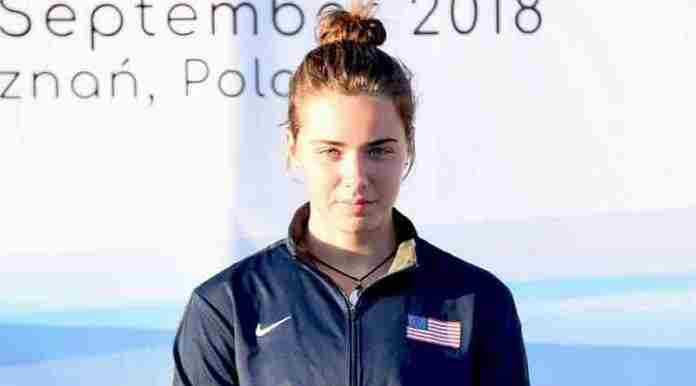
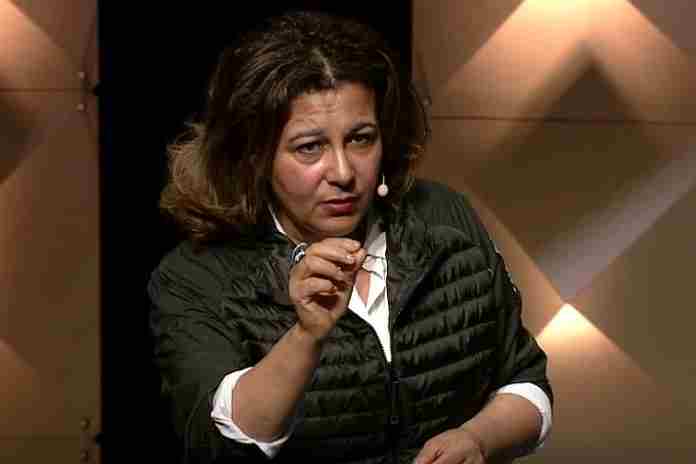
 The International Olympic Committee assembled about 350 current and former athletes from 185 countries at the SwissTech Convention Center in Lausanne (SUI) for the ninth International Athlete Forum over the weekend and felt it necessary to talk money before everything else.
The International Olympic Committee assembled about 350 current and former athletes from 185 countries at the SwissTech Convention Center in Lausanne (SUI) for the ninth International Athlete Forum over the weekend and felt it necessary to talk money before everything else.